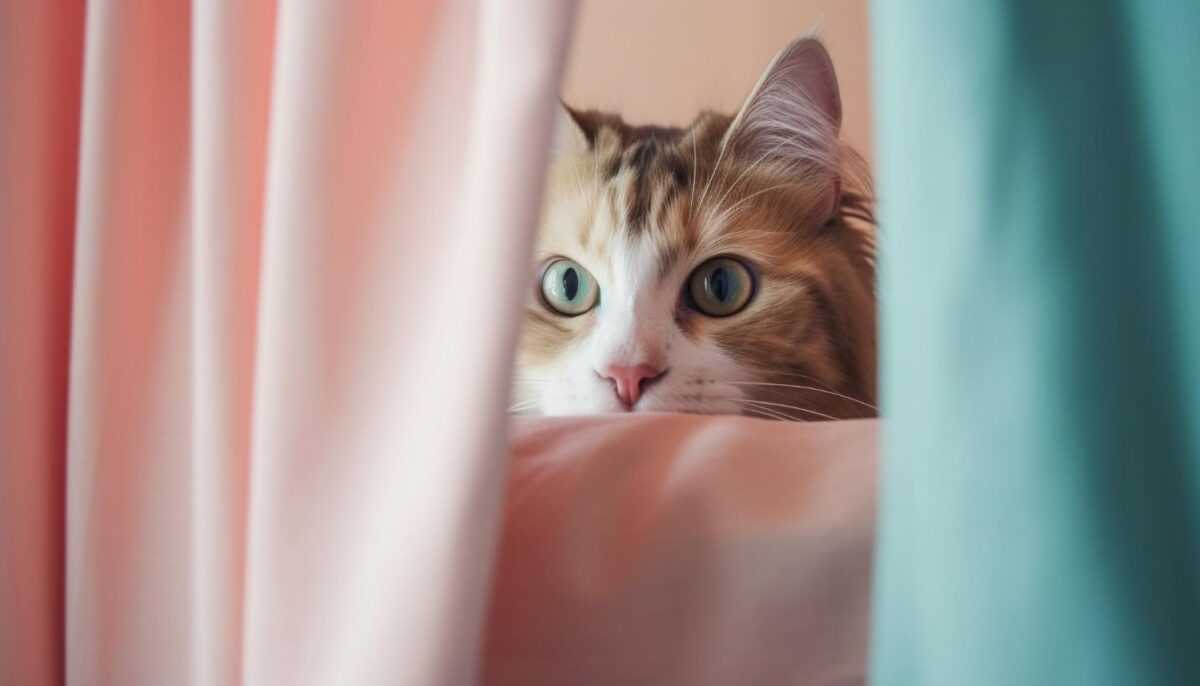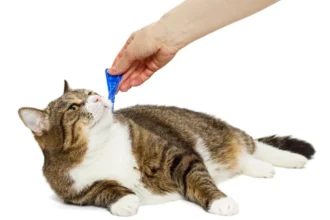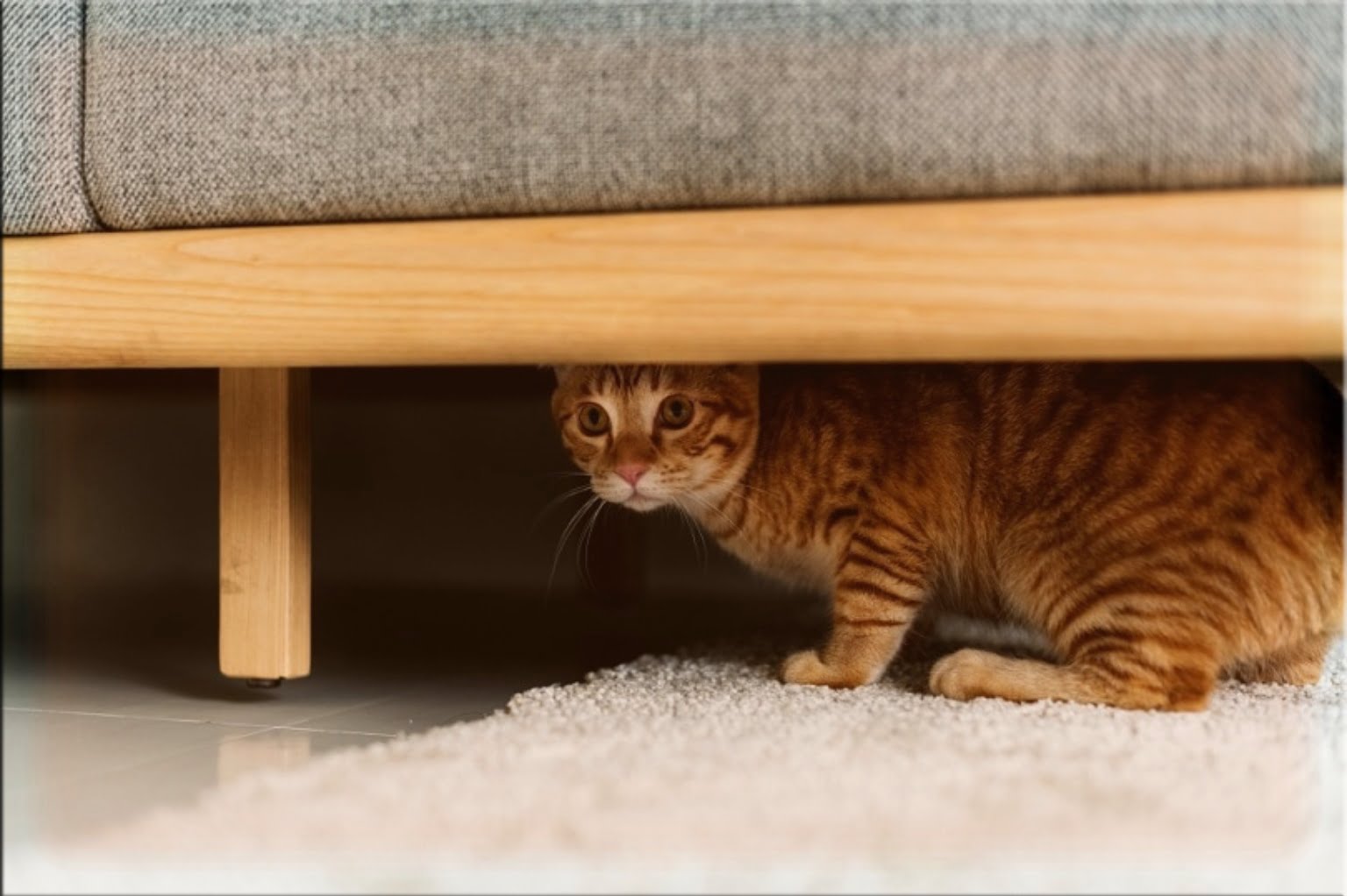Cats have unique nutritional requirements that are crucial for their overall health and well-being. Understanding these considerations is essential when evaluating the suitability of certain foods, such as cream cheese and cottage cheese, in their diet. In this section, we will explore three key aspects of feline nutrition: cats as obligate carnivores, the importance of animal protein, and the essential nutrients needed for feline health.
A. Cats as Obligate Carnivores
Cats are classified as obligate carnivores, which means they have evolved to rely primarily on animal-based protein for their dietary needs. Unlike omnivores or herbivores, cats have specific anatomical and physiological characteristics that make them reliant on nutrients found in animal tissues.
B. Protein holds immense importance in the diet of cats
cats protein plays a vital role in maintaining cats’ overall health. It provides essential amino acids, such as taurine, arginine, and methionine, which are necessary for various physiological processes, including the proper functioning of the heart, muscles, and immune system. These amino acids are predominantly found in animal tissues and are not present in sufficient quantities in plant-based proteins. Therefore, cats require a reliable source of high-quality animal protein to meet their nutritional needs adequately.
C. Essential Nutrients Needed for Feline Health
In addition to animal protein, cats require specific nutrients for optimal health. Some of the essential nutrients for feline well-being include:
- Taurine: Cats have a higher requirement for taurine compared to many other animals. Taurine is critical for maintaining healthy eyesight, cardiovascular function, and reproductive health in cats.
- Vitamin A: Cats cannot convert plant-based sources of vitamin A They rely on preformed vitamin A, which is found in animal tissues, for healthy vision, growth, and immune function.
- Arachidonic Acid: Cats require a dietary source of arachidonic acid, an omega-6 fatty acid found primarily in animal fats. Arachidonic acid is important for the health of their skin, coat, and overall immune system.
- Vitamin D: Cats require vitamin D from dietary sources to regulate calcium and phosphorus levels for strong bones and teeth.
Meeting these nutrient requirements through a balanced and complete diet is essential for cats to thrive and prevent potential health issues associated with nutrient deficiencies.
Understanding the obligate carnivorous nature of cats, the importance of animal protein, and the essential nutrients they require provides a foundation for evaluating the suitability of specific foods in their diet. In the following sections, we will explore the nutritional composition of cream cheese and cottage cheese, considering these considerations to assess their potential impact on feline health.
Cream Cheese: Analysis and Implications
In this section, we will delve into these aspects to gain a better understanding of feeding cream cheese to cats.
A. Composition and Ingredients of Cream Cheese
Cream cheese is typically made from a mixture of milk and cream, which undergoes a process of fermentation. It often contains additives, such as stabilizers and emulsifiers, to enhance texture and prolong shelf life. Some cream cheeses may also include additional flavors or seasonings. It is essential to review the specific brand and variety of cream cheese to understand the ingredients and potential additives present.
B. Lactose Content and Cats’ Lactose Intolerance
Cats, like many mammals, experience a natural decline in lactase production after weaning, resulting in lactose intolerance
C. Potential Risks and Benefits of Feeding Cream Cheese to Cats
some cat owners may consider using small amounts of cream cheese as a means to administer medication or entice a picky eater. In such cases, moderation and careful monitoring of your cat’s response are important.
D. Expert Opinions and Research Findings on the Topic
The topic of feeding cream cheese to cats has limited scientific research available. However, expert opinions generally discourage the regular or excessive consumption of dairy products, including cream cheese, due to cats’ lactose intolerance and the potential for digestive upset.
Cottage Cheese: Examination and Effects

When considering its implications for cats, it is important to examine its nutritional profile, protein content, essential nutrients, and appropriate serving sizes. In this section, we will explore these aspects to understand the potential benefits and considerations of feeding cottage cheese to cats.
A. Protein Content and Amino Acids in Cottage Cheese
Protein provides essential amino acids necessary for various physiological functions, including muscle maintenance, tissue repair, and immune system support. However, it is important to note that cats have specific amino acid requirements, such as taurine, which is primarily found in animal-based protein sources. While cottage cheese contains protein, it may not fulfill all of a cat’s dietary protein needs.
B. Appropriate Serving Sizes and Frequency for Cats
When considering the inclusion of cottage cheese in a cat’s diet, it is important to exercise portion control. While cottage cheese can provide some nutritional benefits, it should not replace a nutritionally balanced cat food specifically formulated to meet their dietary requirements
The appropriate serving size will depend on factors such as the cat’s size, age, and overall health.
- It is worth mentioning that individual cats may have unique dietary needs or specific health conditions that require tailored nutrition plans. Therefore, it is crucial to consult with a veterinarian to ensure that incorporating cottage cheese into your cat’s diet aligns with their specific requirements.
- cottage cheese can offer some nutritional benefits to cats, including protein and calcium. Veterinary guidance is essential to determine appropriate serving sizes and frequency, considering your cat’s individual needs.
Considerations and Guidelines for Feeding Cream Cheese to Cats

Also discover: Carrageenan free cat food
Feeding cream cheese or cottage cheese to cats requires careful consideration and adherence to certain guidelines. In this section, we will discuss veterinary opinions and recommendations, monitoring for adverse reactions, the importance of moderation and portion control, and alternative sources of animal protein for cats.
A. Veterinary Opinions and Recommendations
Veterinarians generally advise against feeding cream cheese or cottage cheese to cats as a regular part of their diet. Before incorporating these foods into your cat’s diet, it is crucial to seek guidance from a veterinarian.
B. Observing for Negative Reactions or Digestive Problems
Cats may experience diarrhea, vomiting, or stomach discomfort if they are unable to tolerate dairy products. If any signs of discomfort or adverse reactions occur, it is recommended to discontinue feeding these foods and consult with a veterinarian.
C. Moderation and Portion Control in Cat’s Diet
If you choose to give your cat cream cheese or cottage cheese, it should be done in moderation. Cottage cheese can be included in a cat’s diet, but it should not replace a nutritionally balanced cat food It is crucial to practice portion control to prevent excessive calorie intake and potential weight gain
Can cats eat cottage cheese?
with your veterinarian is advised to determine appropriate serving sizes based on your cat’s individual needs. While cats can consume cottage cheese, it’s important to remember their overall nutritional requirements.
- Cottage cheese falls under the category of dairy products,, and some cats may be lactose intolerant or have difficulty digesting dairy products. Therefore, it is recommended to approach feeding cottage cheese to cats with caution and in moderation.
- In terms of protein requirements, it is generally advisable to provide high-quality animal-based protein sources that are specifically formulated for cats. These foods often contain animal proteins, along with other essential nutrients, necessary for the overall health of cats.
- If you are considering incorporating human foods as protein alternatives, it is important to research and consult with a veterinarian to ensure that the chosen foods are safe and suitable for cats. Examples of cat-friendly animal protein sources include cooked poultry and fish.
- Veterinary opinions and recommendations should be followed, and any adverse reactions or digestive issues should be closely monitored. Exploring alternative sources of animal protein that are specifically formulated for cats is recommended to ensure that their dietary requirements are met effectively and safely.
Conclusion
In this essay, we have explored the topic of feeding cream cheese and cottage cheese to cats. We discussed the nutritional considerations for cats, the composition and lactose content of cream cheese, the potential risks and benefits, and the examination of cottage cheese’s nutritional profile. It is important to recap the key points discussed and provide a summary of cats’ ability to consume these dairy products.
- Both cream cheese and cottage cheese contain lactose, which can be challenging for cats to digest due to their lactose intolerance. Feeding these foods to cats should be approached with caution and moderation, Veterinary opinions generally discourage the regular or excessive consumption of dairy products in cats.
- In conclusion, while cats can eat small amounts of cream cheese or cottage cheese, it is crucial to consult with a veterinarian for personalized advice. The emphasis should be on providing a nutritionally balanced diet specifically formulated for cats, which meets their unique dietary requirements. By seeking guidance from a veterinarian, you can ensure the well-being and health of your feline companion.
- We invite you to further explore this topic by engaging in a conversation with your veterinarian and conducting additional research to deepen your understanding of feline nutrition and dietary choices.













